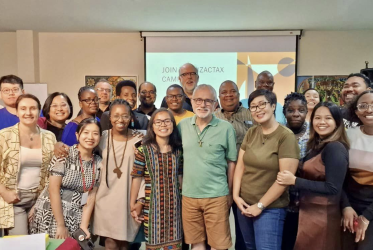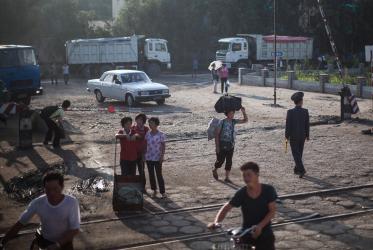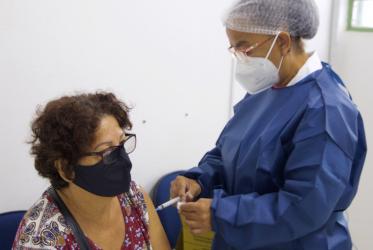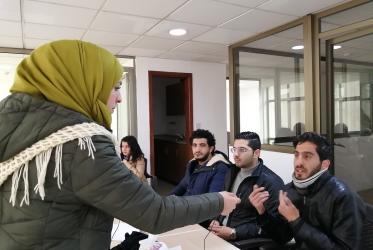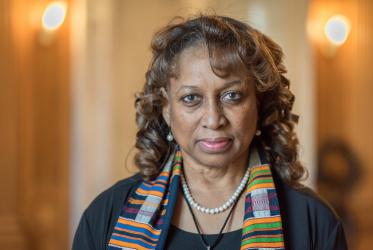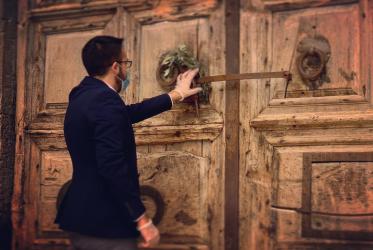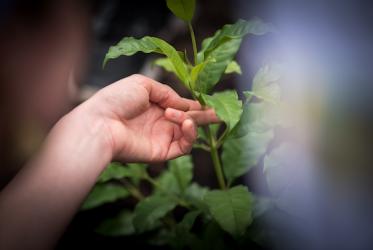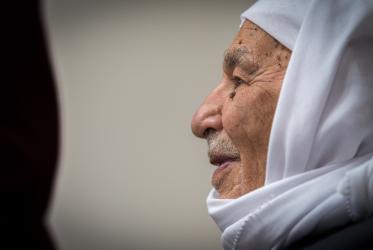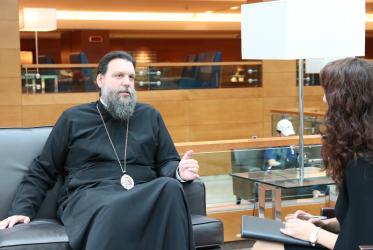Displaying 1 - 20 of 64
08 September 2023
Promoting human dignity through art
06 September 2022
In a COVID-stricken world, “everyone is important”
23 October 2020
Are migrants seen and heard? Conference presses the question
19 October 2020
Church of South India eco-ministry featured on UNESCO website
17 February 2020
The cry of the Papuans in Indonesia
14 November 2019
Climate emergency: faith-based groups pledge to amplify prophetic voice
25 September 2019
A faith-based, holistic approach to HIV and AIDS-care
13 March 2019
Turning mercy and compassion into action
04 March 2019
